Music is essentially useless, as life is: but both have an ideal extension which lends utility to its conditions
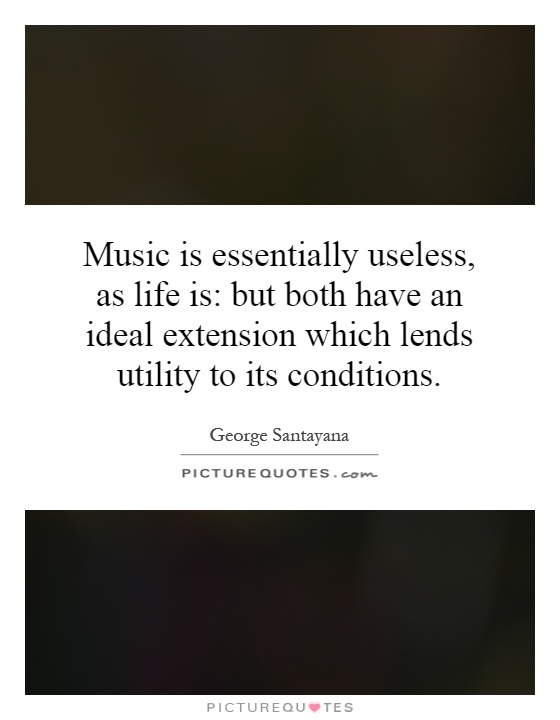
Music is essentially useless, as life is: but both have an ideal extension which lends utility to its conditions
George Santayana, a renowned philosopher and writer, once stated that "Music is essentially useless, as life is: but both have an ideal extension which lends utility to its conditions." This profound statement delves into the intrinsic nature of music and life, highlighting their seemingly futile existence while also acknowledging the transformative power they possess.Santayana's assertion that music is essentially useless may seem perplexing at first glance. After all, music has been an integral part of human culture for centuries, serving as a form of expression, communication, and entertainment. However, when viewed through a philosophical lens, music can be seen as a purely aesthetic experience that lacks any practical purpose. Unlike other art forms that may convey specific messages or narratives, music exists purely for the sake of itself, evoking emotions and sensations that transcend language and logic.
Similarly, Santayana's comparison of music to life as being essentially useless underscores the existential dilemma that all individuals face. Life, in its essence, is a series of fleeting moments and experiences that ultimately lead to death. From a purely utilitarian perspective, life may seem devoid of any inherent purpose or meaning. However, Santayana suggests that both music and life possess an ideal extension that imbues them with a sense of utility.
This ideal extension can be seen as the transformative power that music and life have to elevate our existence beyond the mundane and the ordinary. Music has the ability to evoke deep emotions, inspire creativity, and foster a sense of connection with others. Similarly, life, when lived to its fullest potential, can be a source of growth, self-discovery, and fulfillment.


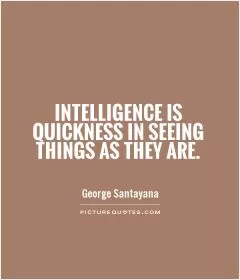
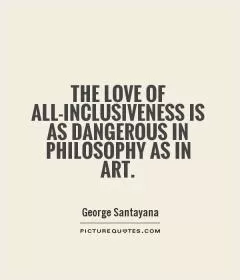



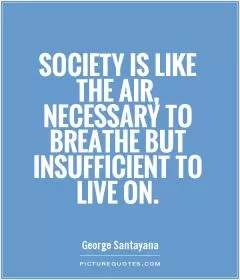

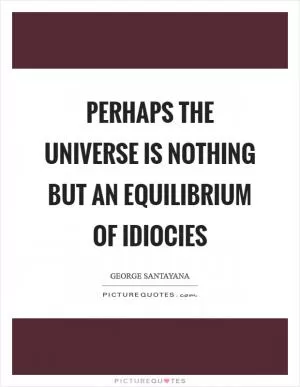

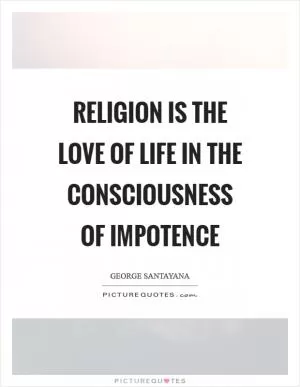
 Friendship Quotes
Friendship Quotes Love Quotes
Love Quotes Life Quotes
Life Quotes Funny Quotes
Funny Quotes Motivational Quotes
Motivational Quotes Inspirational Quotes
Inspirational Quotes